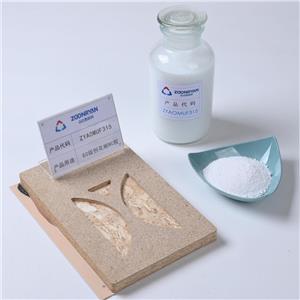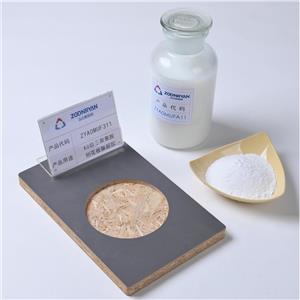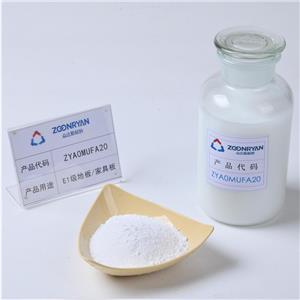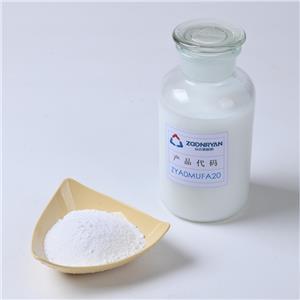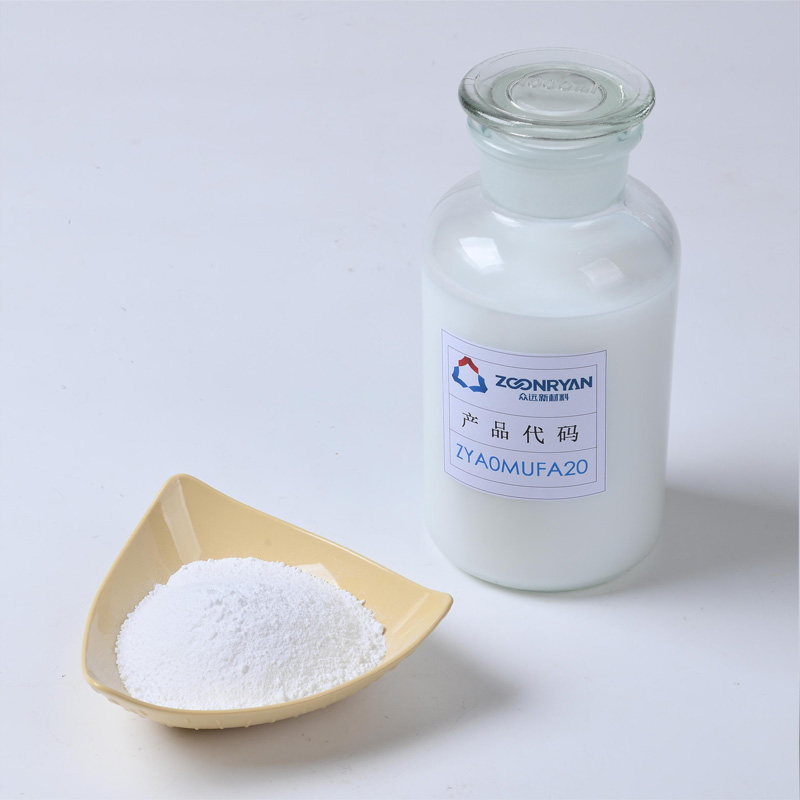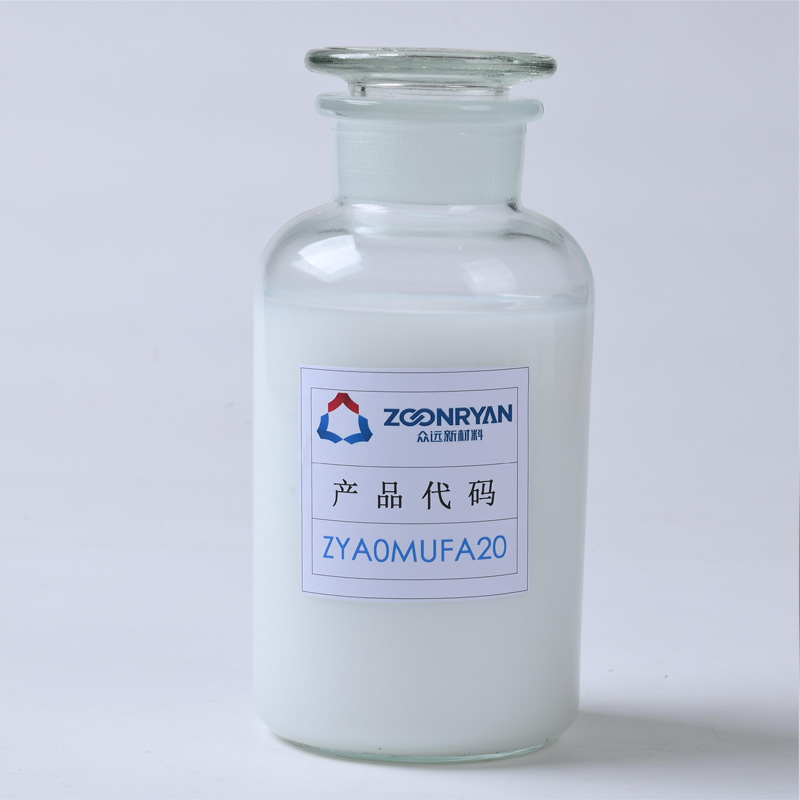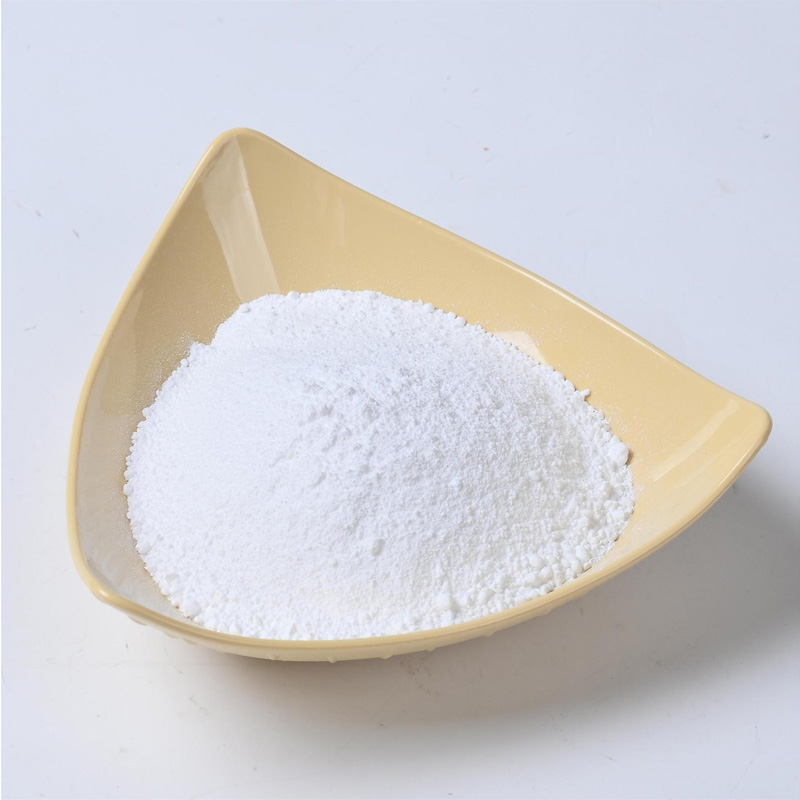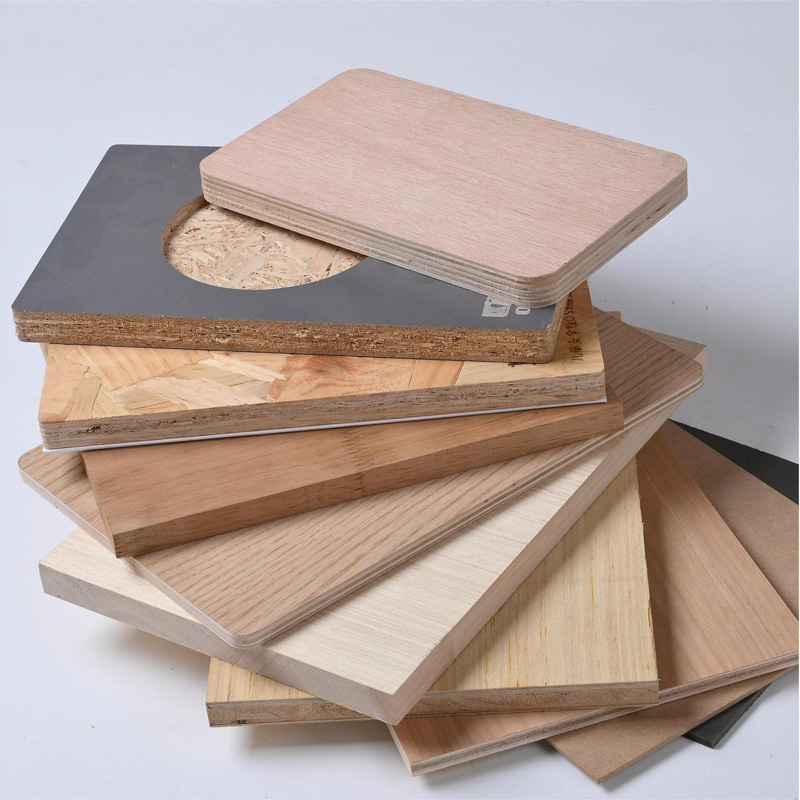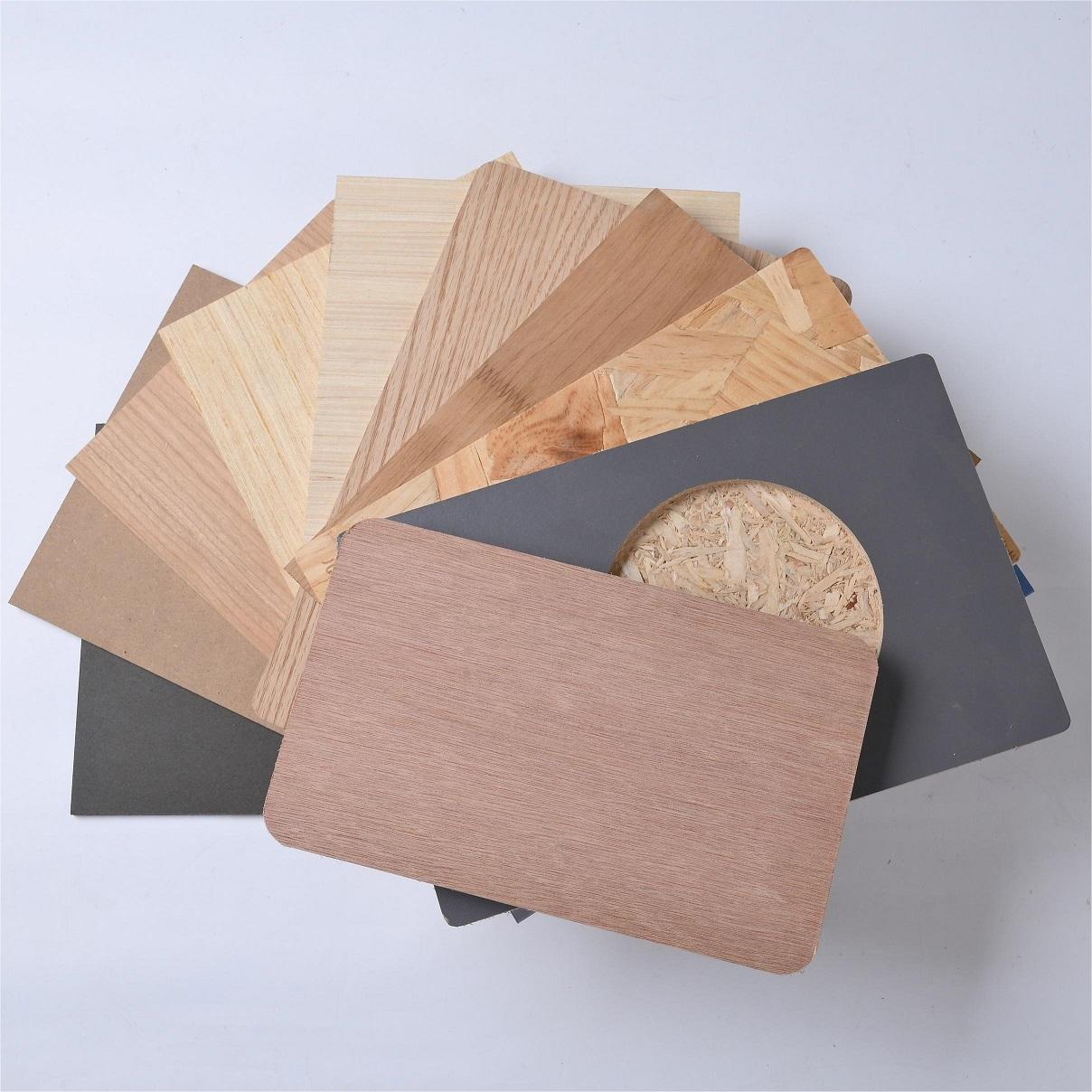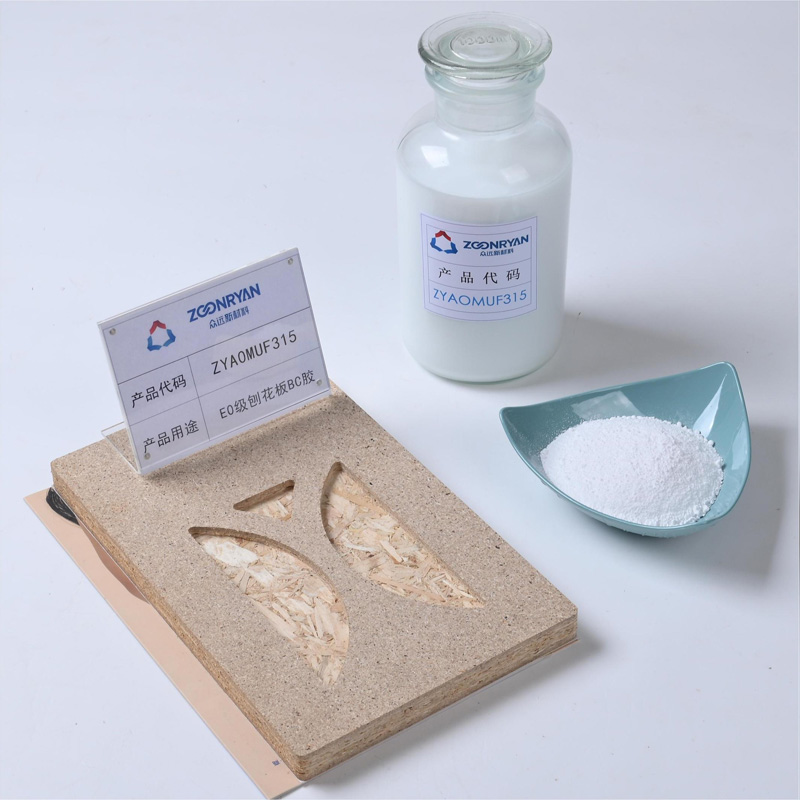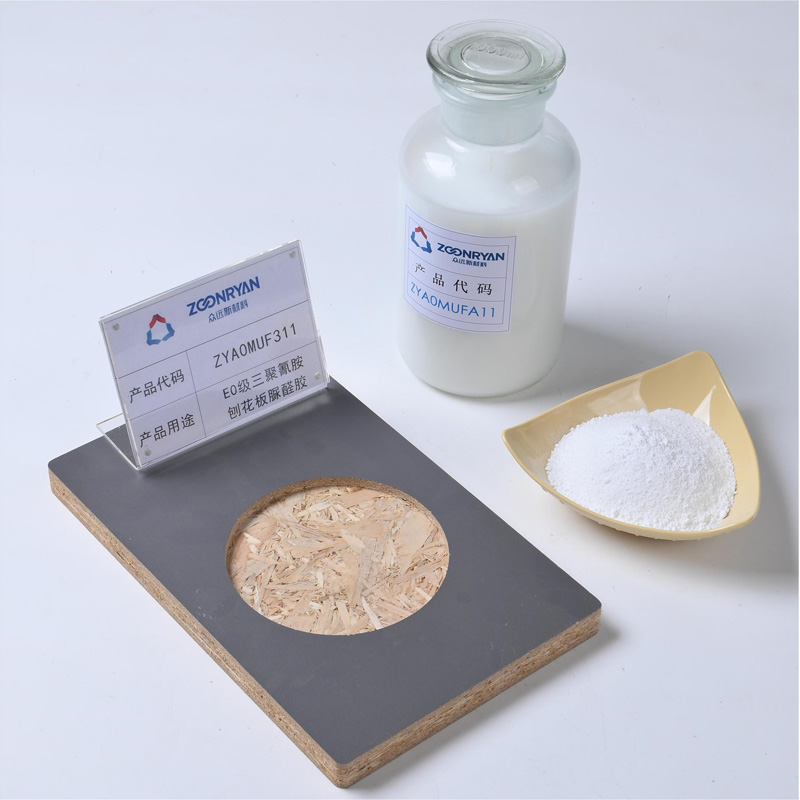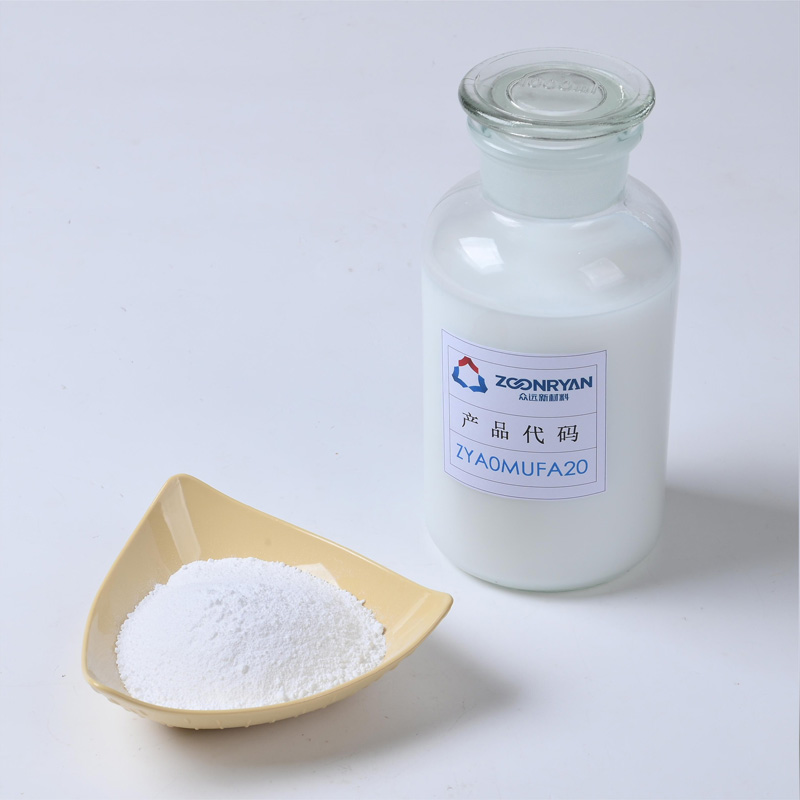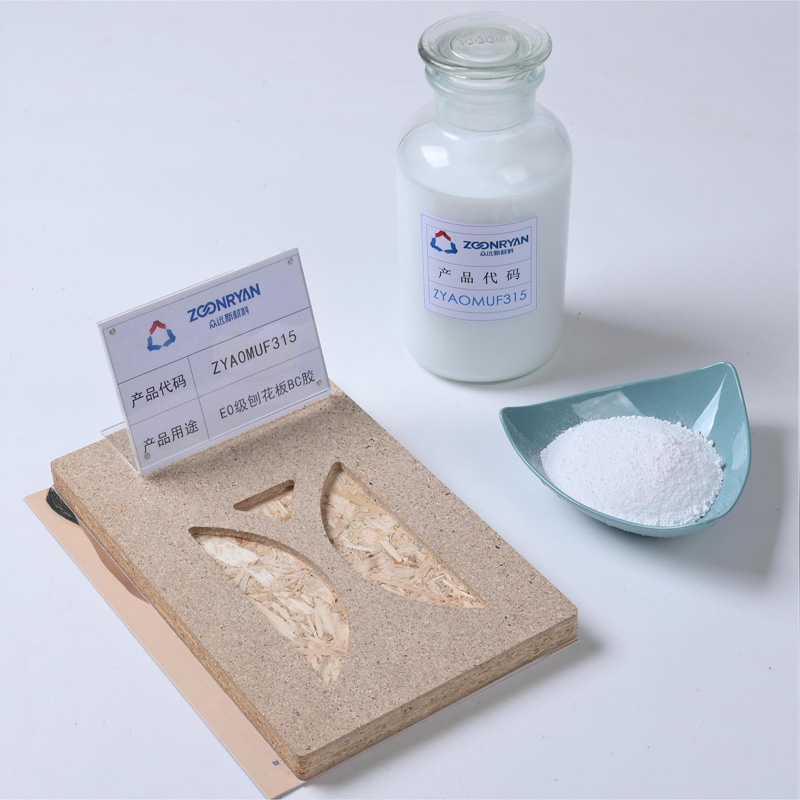
Melamine Formaldehyde Resin Powder for Hot Pressure
Adhesive is used to bond layers or veneers of wood together to form the basic structure of the panel. Common adhesives include phenolic resins, urea-formaldehyde resins, and Melamine Formaldehyde Resin.
Melamine Formaldehyde Resin Powder is a type of thermosetting plastic that is commonly used as a coating or laminate for products such as furniture, flooring, and dishware.
AThe use of Melamine Formaldehyde Resin in Hot press
The use of adhesive in the hot pressing process of wood-based panels is crucial. Here are some key applications and roles of Melamine Formaldehyde Resin in this process:
1. Bonding Wood Layers: Adhesive is used to bond layers or veneers of wood together to form the basic structure of the panel. Common adhesives include phenolic resins, urea-formaldehyde resins, and Melamine Formaldehyde Resin.
2. Providing Strength and Stability: Melamine Formaldehyde Resin cures during the hot pressing process, creating a strong bond between the layers of the panel, thereby providing structural strength and stability.
3. Enhancing Moisture Resistance: Properly chosen adhesives can improve the panel's resistance to moisture, making it more durable and able to remain stable in environments with fluctuating humidity.
4. Adjusting Panel Properties: Different types of adhesives can be used to adjust the properties of the panel, such as improving fire resistance or enhancing insulation properties.
5. Controlling Panel Appearance: By selecting adhesives of different colors and transparency levels, the appearance of the panel can be influenced to meet various decorative requirements.
In summary, adhesive plays a critical role in the hot pressing process of wood-based panels. They not only affect the structure and performance of the panels but can also be chosen and adjusted according to specific requirements. Careful selection of adhesive types and application methods is essential in the production of panels to ensure the quality and performance of the final products meet expectations.
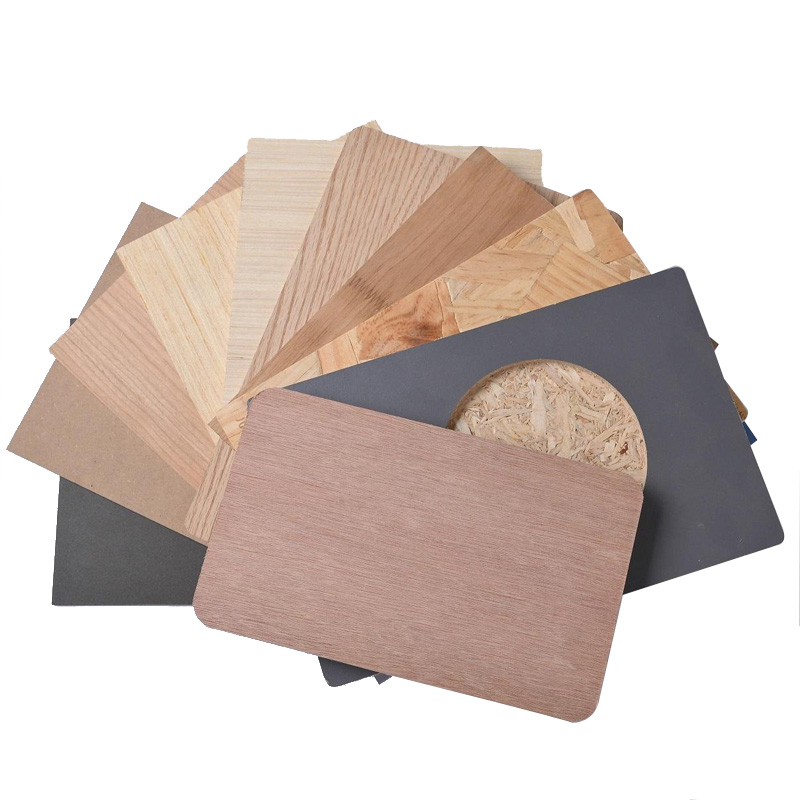
What are the advantages of using Melamine Formaldehyde Resin Powder for Hot Pressure?
Melamine formaldehyde resin powder is widely used in various industries, including the production of laminates, coatings, adhesives, and molded products. When it comes to hot pressure applications, using melamine formaldehyde resin powder offers several advantages:
Heat resistance: Melamine Formaldehyde Glue for Hot Pressure has excellent heat resistance properties, making it suitable for applications that involve high temperatures. It can withstand temperatures up to 150°C without losing its structural integrity.
Durability: Products made with melamine formaldehyde resin powder have enhanced durability and resistance to wear and tear. This makes them suitable for use in high-traffic areas or applications that require long-lasting performance.
Chemical resistance: Melamine Formaldehyde Glue for Hot Pressure exhibits excellent chemical resistance, making it resistant to many solvents, acids, and bases. This property ensures that products made with this resin can withstand exposure to various chemicals without degradation.
Dimensional stability: Melamine formaldehyde resin powder has low shrinkage during curing, resulting in products with excellent dimensional stability. This makes it ideal for applications where precise dimensions are crucial.
Surface hardness: Products made with melamine formaldehyde resin powder have a high surface hardness, which provides resistance to scratches, impacts, and general wear. This makes them suitable for applications that require a durable and scratch-resistant surface.
Fire resistance: Melamine formaldehyde resin powder exhibits good fire resistance properties. It has a high limiting oxygen index (LOI), which means it is less flammable and can help delay the spread of fire.
Overall, using melamine formaldehyde resin powder for hot pressure applications offers advantages such as heat resistance, durability, chemical resistance, dimensional stability, surface hardness, and fire resistance. These properties make it a popular choice in various industries where these characteristics are desired.

